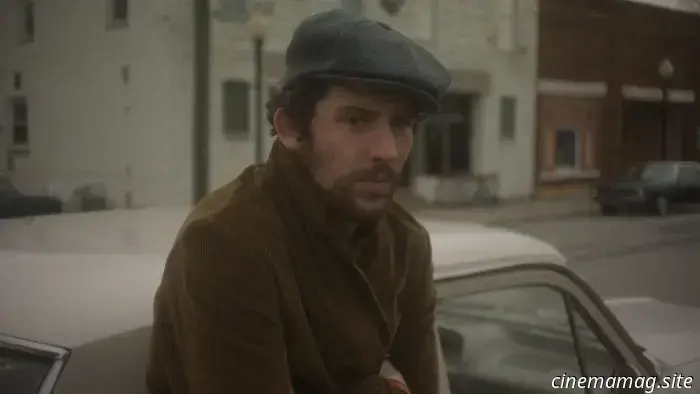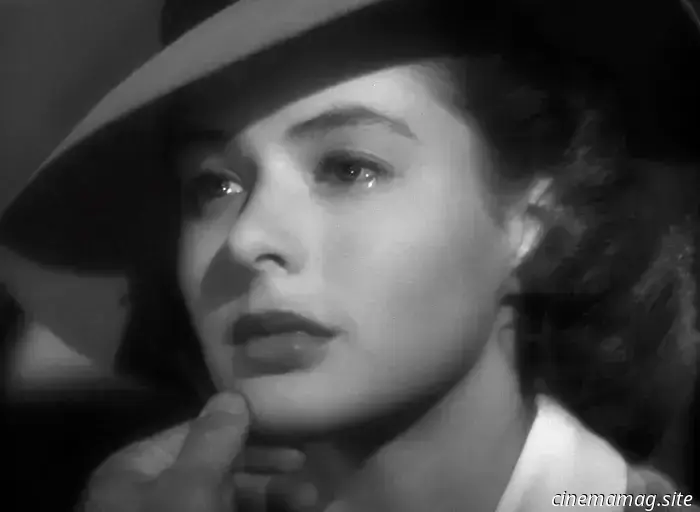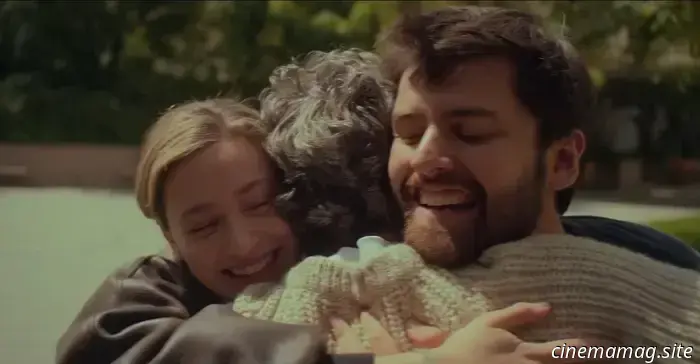
Exclusive Interview – Rob Mazurek, the Composer Behind Mastermind
Chris Connor talks with Rob Mazurek, the composer of The Mastermind.
Rob Mazurek is a renowned musician in the jazz scene, associated with Chicago Underground. He has recently made his debut in film scoring with Kelly Reichardt’s The Mastermind. We spoke with him about the experience of creating his first film score, collaborating with Reichardt, and his approach to scoring the 70s-set art heist film.
What is the first step in preparing a film score?
I immerse myself in each scene to grasp the overall atmosphere. I view sound as a character within the film, treating it accordingly. I explore various ways to capture the essence of each scene by examining the unique traits of each actor and considering the cinematography, particularly since all films, and especially Kelly’s, have a profound appreciation for silence.
How involved was Kelly Reichardt in shaping the score?
Kelly was highly involved. I received a temp score that included a lot of my music, primarily drawn from my Chicago Underground projects. The guideline was to essentially replicate myself in a fitting manner for each scene. We conducted 3-4 spotting sessions where we analyzed each scene together. Some I got right from the start, while others required adjustments until they aligned with Kelly’s vision, but it was a beautifully collaborative process that felt very organic.
The film has a strong 70s aesthetic and tone. Did you draw inspiration from films or artists from that era for the score?
Interestingly, I had been watching those fantastic French Noir films by Jean-Pierre Melville, like Le Cercle Rouge and Le Samourai, just before I was approached to work on this project. I was also listening extensively to Lalo Schifrin's scores, which slightly influenced my thinking. To be honest, because Kelly had such a unique perspective on the heist genre for The Mastermind and was particularly fond of the Chicago Underground recordings, especially Chad Taylor’s excellent drumming and my own trumpet work, I sent her some solo trumpet pieces that showcased the distinctive sound construction we’ve developed over the years. This approach was certainly shaped by a lot of 70s music… in fact, one of the initial directives was a more edgy version of Chet Baker! I believe we created something that isn't directly imitative of the classic 70s sound but rather an individual sound that the Underground has cultivated over time, fitting well with the film.
Was the atypical nature of the heist film influential in your preparation of the score?
Kelly had a remarkably unique approach. The character of Mooney, especially, carries a great deal of subtlety, and the narrative unfolds in a slow, deliberate manner. The aim was to let the film breathe while also finding the right moments to build momentum.
With so little dialogue, did the music play a significant role, and was that challenging?
It was quite intriguing for me, as I appreciate both the absence of music in cinema and the grand scores in certain films. As a composer, this can be perplexing. I was aware of Kelly’s films and noted their frequent use of silence. A prime example of minimal dialogue and the crucial role of sound occurs at the film's start, where I introduce a low sustained piano note that establishes the ambiance and hints at an underlying tension. The quiet of the museum, coupled with Mooney's son discussing a game, creates a brilliant opening that sets the film's tone.
With minimal dialogue, it’s essential to avoid forcing music into scenes where it isn't necessary. I am very considerate about pulling back on sound (especially in how it helps convey emotions to the audience). The principle of "less is more" applies, but when more is needed, I ramp it up, as evidenced in the final scene with my composition "Nude Anthem" from the Chicago Underground Trio.
What do you see as the main differences between composing for film and your own music?
I find that I have complete freedom to express myself in my own works, whereas in film scoring, the focus is on serving the film's needs and the director’s vision. This project was particularly enjoyable because the guidance allowed me to compose music in my usual style. I haven't faced a situation yet that necessitated writing K-POP or Country Western songs, but I’m confident I could manage that as well! Composing is a natural process for me.
Were there any specific challenges with The Mastermind score?
There were a few straightforward walking scenes that presented interesting challenges. However, overall, working with Kelly was a delightful experience, and everything went very smoothly from my perspective.
Is there anything else you would like to add regarding The Mastermind’s score?
It was a true pleasure to work on this film, and I hope to be involved in more projects like it in the future.
Many thanks to Rob Mazurek for participating in this interview.
Chris Connor



Other articles
 15 Timeless Black and White Films That Remain Enjoyable to Watch
If you believe that black and white classic films are boring, give these a try. We guarantee you'll be captivated.
15 Timeless Black and White Films That Remain Enjoyable to Watch
If you believe that black and white classic films are boring, give these a try. We guarantee you'll be captivated.
 Trailer for Hal & Harper featuring Cooper Raiff, Lili Reinhart, Betty Gilpin, and Mark Ruffalo.
With its premiere on MUBI scheduled for later this month, a trailer for the forthcoming drama Hal & Harper has been released online. The series features Cooper Raiff, Lili Reinhart, Betty Gilpin, and Mark Ruffalo.
Trailer for Hal & Harper featuring Cooper Raiff, Lili Reinhart, Betty Gilpin, and Mark Ruffalo.
With its premiere on MUBI scheduled for later this month, a trailer for the forthcoming drama Hal & Harper has been released online. The series features Cooper Raiff, Lili Reinhart, Betty Gilpin, and Mark Ruffalo.
Exclusive Interview – Rob Mazurek, the Composer Behind Mastermind
Chris Connor speaks with Rob Mazurek, the composer of The Mastermind… Rob Mazurek is a renowned musician in the jazz scene, associated with Chicago Underground. He has recently made his debut in film scoring with…
